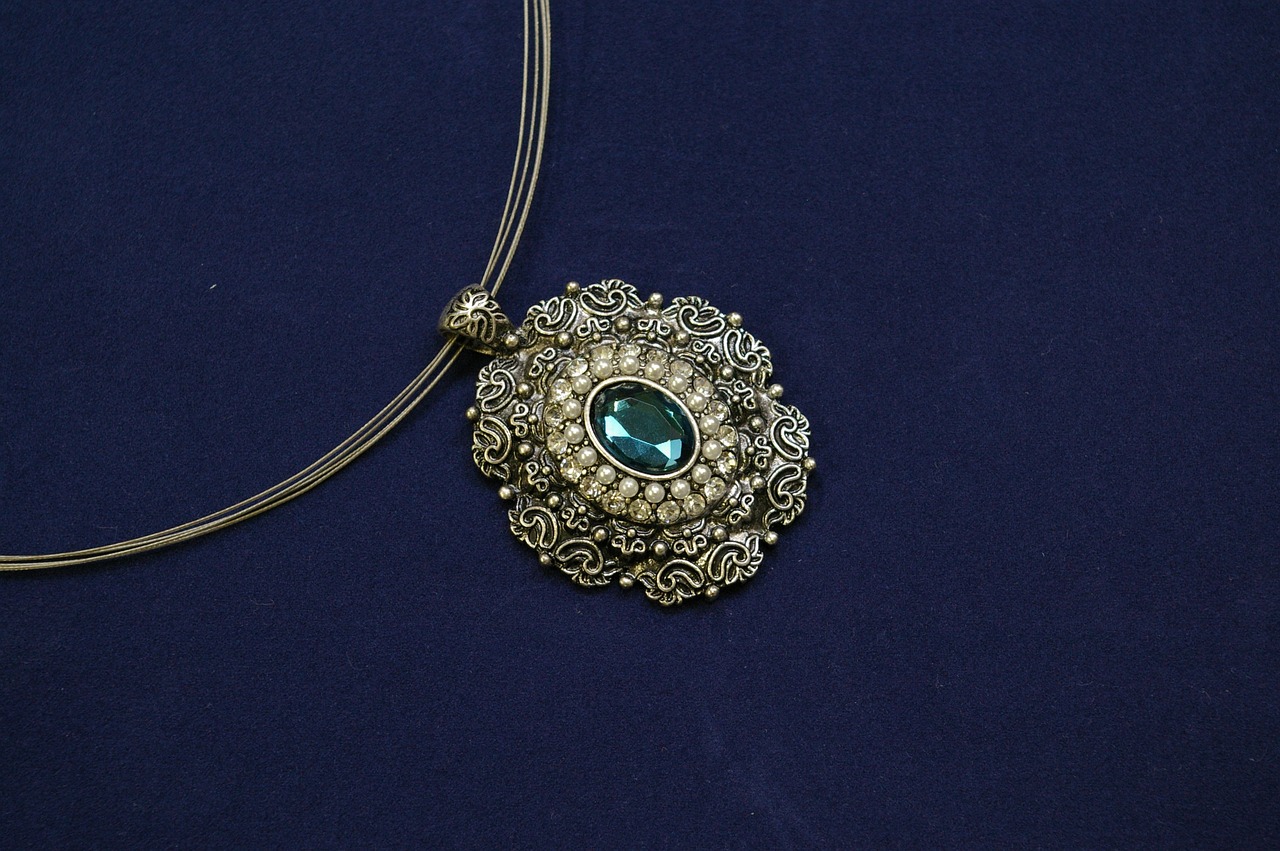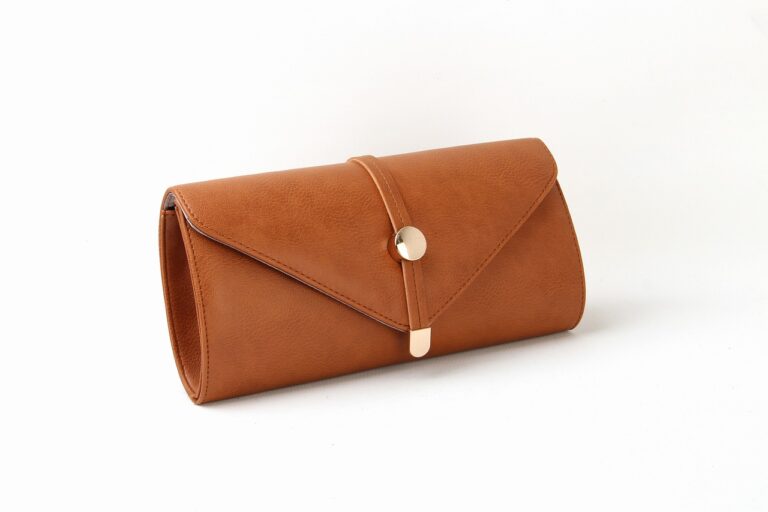The Future of Fashion Retail: Adapting to Changing Consumer Expectations
The fast-paced nature of the fashion retail industry poses a significant challenge for retailers to keep up with rapidly changing trends and customer preferences. With the rise of fast fashion brands and online shopping, traditional retailers face intense competition and struggle to stay relevant in the market. The pressure to constantly innovate and deliver new products has put a strain on supply chains and resources, making it difficult for many players in the industry to adapt quickly enough to meet consumer demands.
Another challenge in the fashion retail industry is the increasing consumer demand for sustainability and ethical practices. As more shoppers become conscious of the environmental and social impact of their purchases, retailers are under pressure to adopt sustainable practices throughout their operations. However, implementing these changes can be costly and time-consuming, especially for smaller businesses with limited resources. Balancing the need to satisfy eco-conscious consumers while also maintaining profitability is a delicate tightrope that many retailers find challenging to navigate.
Impact of Technology on Consumer Behavior
The integration of technology in the fashion retail industry has dramatically transformed consumer behavior. With the rise of e-commerce platforms and mobile shopping applications, consumers now have easy access to a wide range of products at their fingertips. This convenience has led to a shift in buying patterns, with many consumers opting for online shopping over traditional brick-and-mortar stores.
Additionally, the use of social media influencers and online reviews has significant influence on consumer decision-making. Consumers are more likely to trust recommendations from their favorite influencers or online communities when making purchasing choices. This trend has forced retailers to adapt and invest in digital marketing strategies to engage with their target audience effectively.
Personalization in Fashion Retail
Personalization in the fashion retail industry has become an indispensable strategy for brands looking to stand out in a crowded market. By tailoring products and shopping experiences to individual preferences, retailers can create a deeper connection with customers and drive loyalty. Through data analysis and innovative technologies, brands can gather insights on consumer behavior and preferences to offer customized recommendations and personalized promotions.
In today’s hyper-competitive retail landscape, personalization is not just a nice-to-have but a necessity for brands to remain competitive and relevant. By leveraging tools like predictive analytics and artificial intelligence, retailers can anticipate customer needs and deliver tailored recommendations that enhance the overall shopping experience. Ultimately, personalization in fashion retail is not only about offering curated products but also about creating meaningful and memorable interactions that resonate with consumers on a personal level.
• Personalization in fashion retail is essential for brands to stand out in a crowded market
• Tailoring products and shopping experiences to individual preferences drives customer loyalty
• Data analysis and innovative technologies help gather insights on consumer behavior for personalized recommendations and promotions
• Predictive analytics and artificial intelligence tools can anticipate customer needs for tailored recommendations
• Personalization is about creating meaningful interactions that resonate with consumers personally
What are some challenges faced by the fashion retail industry?
Some challenges faced by the fashion retail industry include changing consumer preferences, increased competition, and the need to keep up with rapidly evolving trends.
How does technology impact consumer behavior in the fashion retail industry?
Technology has a significant impact on consumer behavior in the fashion retail industry by providing more convenient shopping options, personalized recommendations, and seamless online shopping experiences.
What is personalization in fashion retail?
Personalization in fashion retail refers to the practice of tailoring products, services, and shopping experiences to individual consumer preferences and needs.
How can fashion retailers implement personalization strategies?
Fashion retailers can implement personalization strategies by collecting and analyzing customer data, using technology to track consumer behavior, and offering personalized recommendations and promotions based on individual preferences.
Why is personalization important in the fashion retail industry?
Personalization is important in the fashion retail industry because it helps retailers build stronger relationships with customers, increase customer loyalty, and drive sales by offering more relevant and personalized shopping experiences.







